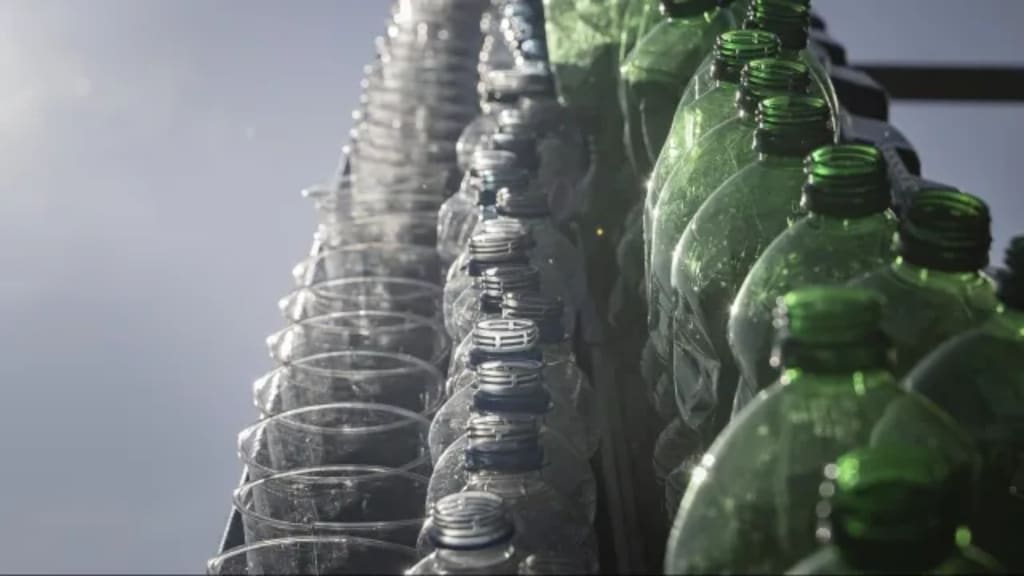
A recent federal government report claims that one of the main causes of the planet's warming is pollution from the plastics industry.
According to a research by scientists at Lawrence Berkeley National Lab, the sector emits roughly four times as many chemicals that warm the planet as the airline industry.
Its emissions are roughly three times that of all the coal plants in the United States, or roughly 600 coal plants.
Furthermore, by 2050, plastic production might have consumed almost a fifth of the Earth's remaining carbon budget, or the maximum amount of carbon dioxide that scientists believe can be burned without pushing the planet's climate into dangerous territory.
The national lab's report is released as members of national governments, representatives of the plastics industry, and civil society and public health organizations get ready to travel to Ottawa, Canada, for the fourth meeting of the International Negotiating Committee (INC-4), which aims to draft a legally binding agreement to lessen plastic pollution.
There will probably be clear divisions throughout those negotiations. Members of environmental organizations and nations in the Global South have demanded restrictions on plastic production; however, the plastics industry maintains that tougher recycling laws are the best way to eradicate plastic pollution.
Environmental and public health activists highlighted the risks that plastics, particularly micro- and nanoplastics, pose to the environment and human body during last fall's negotiations in Kenya.
However, as the researchers at Lawrence Berkeley point out, these discussions omitted a crucial aspect of the plastics issue: the contribution of plastic to climate change.
Even though a lot of plastics companies aim to have zero carbon emissions by the middle of the century, the majority of plastics produced today come from burning fossil fuels, which produces heat and energy.
Whether to concentrate climate efforts on making specific steps in the plastics production process more environmentally friendly or on reducing that production overall is likely to be a point of contention at the conference next week.
The researchers discovered that during the extraction, refinement, and conversion of petroleum products into monomers—the building blocks of common polymers like polyethylene or polyvinyl chloride—more than 75% of the greenhouse gasses produced by plastics are released.
Just four plastic polymers account for more than half of all plastic emissions (57 percent): high-density polyethylene (HDOE), polypropylene (PP), polyethylene terephthalate (PET), and polyvinyl chloride (PVC).
The plastics industry contends that swift action is necessary to clean up this supply chain. According to Stewart Harris of the American Chemistry Council, "we expect production will continue to increase over time as demand increases over time," The Hill was informed.
"However, there will be a significant change in the manner in which that production is carried out and the uses for plastic material."
However, proponents of environmental activism contend that lowering plastic production is the most straightforward way to lessen the negative effects of plastic.
Neil Tangri, an advance reviewer of the report from the University of California at Berkeley, stated, "The petrochemical industry is investing billions of dollars in making the problem rapidly worse while global leaders are trying to negotiate a solution to the plastic crisis."
"To stop this cancerous growth, reduce plastic production, and usher in a world with less plastic and less pollution, we need a global agreement."
We all need to pay attention now and find a solution because plastic bottles have a lot of negative effects on the environment's balance. If they are not handled properly, the world will soon face a threat that will be difficult for human society to overcome.





Comments
There are no comments for this story
Be the first to respond and start the conversation.